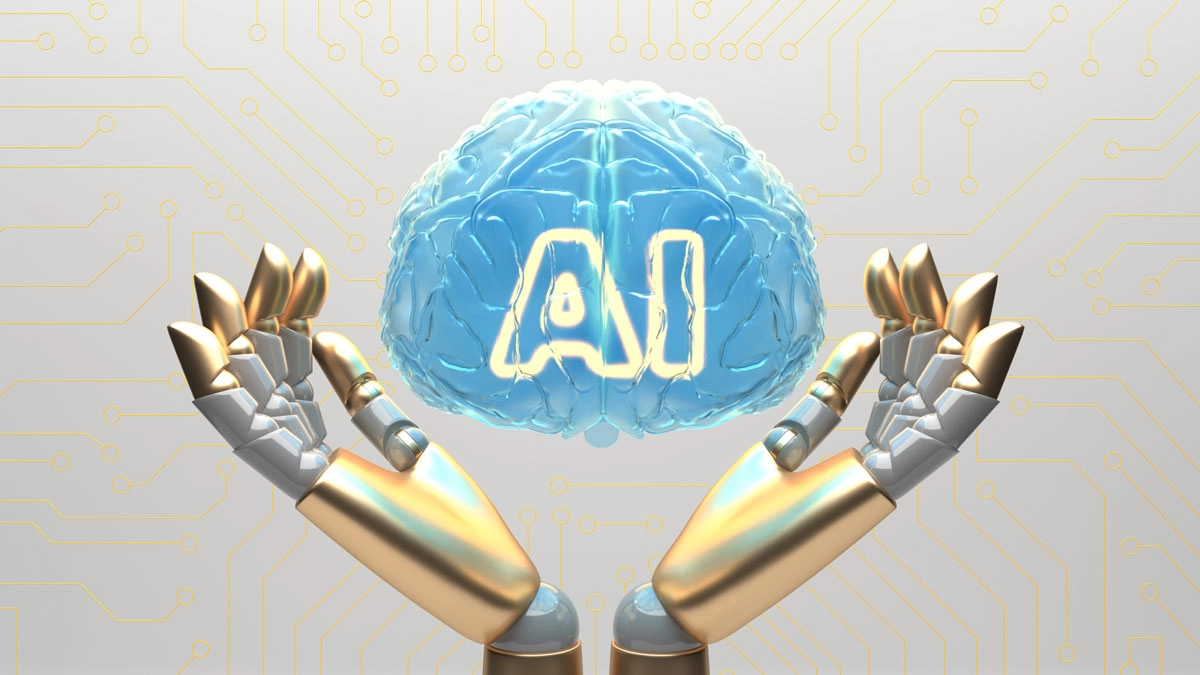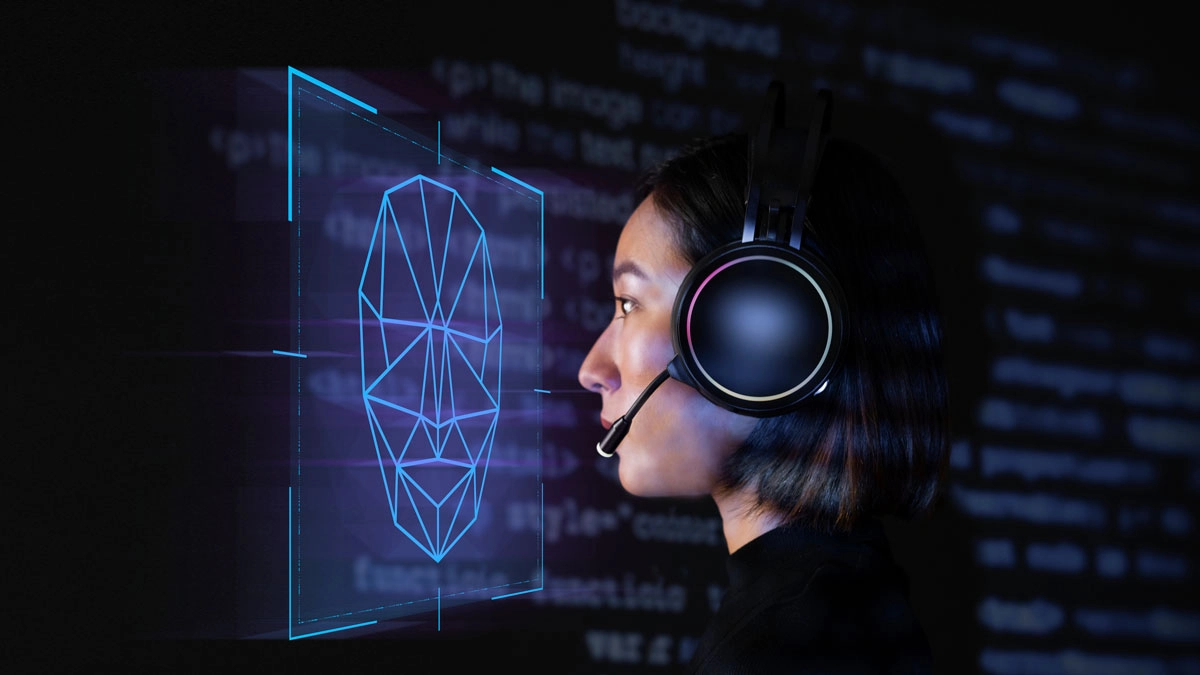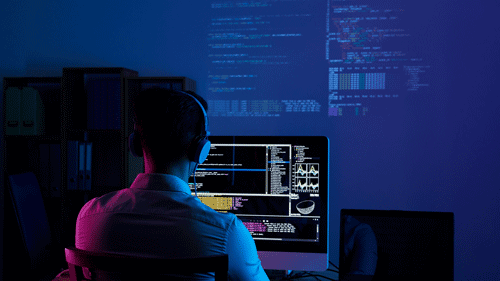DevOps is a set of practices that combines software development and IT operations to enable organizations to deliver software faster and more reliably. One of the key challenges in DevOps is ensuring the security of the code being developed and deployed. With the rapid advances in artificial intelligence (AI) and machine learning (ML), there is a growing question of whether AI can write secure code.
While AI is capable of many impressive feats, including generating code, it still needs to be able to write secure code with complete accuracy. AI-generated code may have vulnerabilities attackers can exploit, as AI models are only as good as the data they are trained on. The AI model may learn to generate insecure code if the training data includes insecure code.
Furthermore, code security is not just about preventing vulnerabilities but also protecting against intentional attacks. For example, an attacker may try to exploit a vulnerability by using a technique known as a buffer overflow. In this scenario, the attacker sends more data than the buffer can hold, causing the program to crash or execute arbitrary code. While AI models may detect and fix some buffer overflow vulnerabilities, they may not be able to protect against all forms of attack.
Another challenge with using AI to write secure code is the complexity of modern software systems. Current software is typically composed of multiple components, each with its own set of vulnerabilities and potential security issues. Writing secure code requires a deep understanding of the system as a whole, which may be beyond the capabilities of an AI model.
Despite these challenges, AI can still play a valuable role in improving the security of code in DevOps. One way in which AI can be used is by automating code review and analysis. AI models can analyze large volumes of code to identify potential vulnerabilities and provide recommendations for fixing them. This can save developers time and help identify issues that might be missed.
Another way in which AI can be used to improve the security of code is by providing developers with real-time feedback as they write code. For example, an AI model can analyze the code being written and provide suggestions for improving its security. This can help to prevent vulnerabilities from being introduced in the first place, reducing the need for costly and time-consuming code reviews later on.
In conclusion, while AI is not yet capable of writing completely secure code, it can still play an important role in improving the security of code in DevOps. By automating code review and analysis and providing real-time feedback to developers, AI can help to identify potential vulnerabilities and prevent them from being introduced in the first place. As AI technology advances, we can expect to see even more powerful tools and techniques for improving code security in DevOps.





No Comments Available...